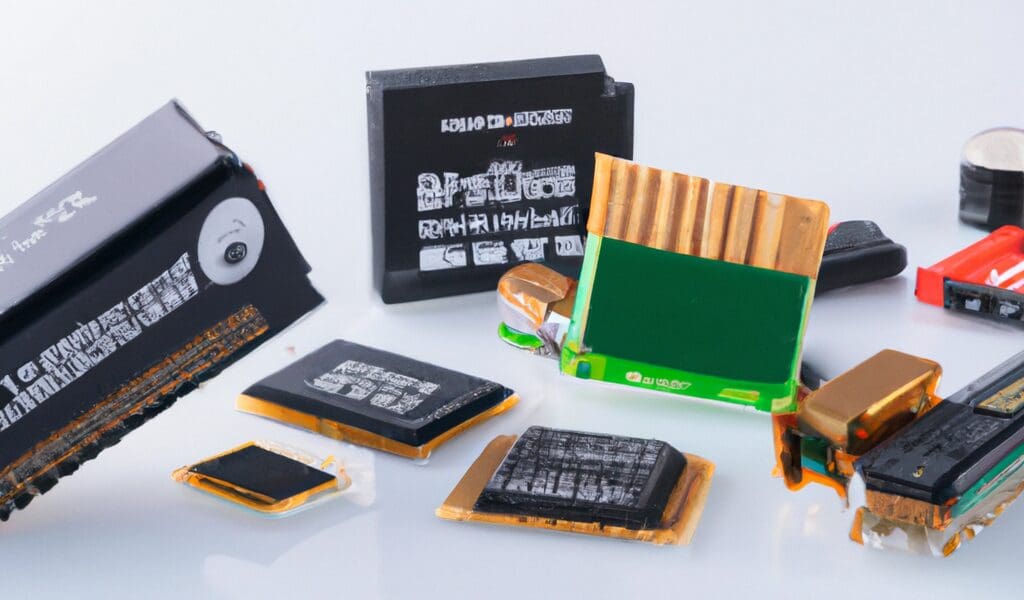European chip firms face challenges, even harder for those with less AI exposure
As European chip firms navigate a challenging landscape, the impact of artificial intelligence (AI) exposure becomes increasingly significant. Companies that invest heavily in AI technologies, such as ASML and ASM International, are experiencing growth prospects despite overall market stagnation. In contrast, firms with less focus on AI face serious hurdles, especially as global demand fluctuates.
For example, ASML, a leading supplier for the semiconductor industry, benefits from its robust applications in AI chip manufacturing. This firm has seen steady demand due to the rise of AI-driven applications needing advanced chip architectures. In contrast, smaller firms lacking substantial AI integration witness downturns as traditional chip markets slow down.
Moreover, competition from Asia, fueled by aggressive government backing and supply chain efficiencies, places additional pressure on European chipmakers. For instance, countries like China and Taiwan excel in producing cheaper components, which can undermine European prices and market share.
Data from various market reports suggests that firms with high AI exposure might command a stronger stock valuation, creating a divide in the industry. This divide could lead to increased investments in AI capabilities from less exposed firms, reshaping their strategic focus amid rising competition.
For European chip manufacturers, the call to action is clear: adapt to the rapid technological changes driven by AI or risk being left behind. The future of the industry may depend on their ability to innovate and integrate AI into their operations, ensuring they stay relevant in a fast-evolving market.








